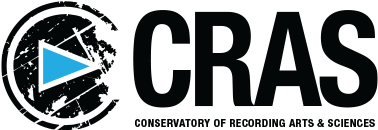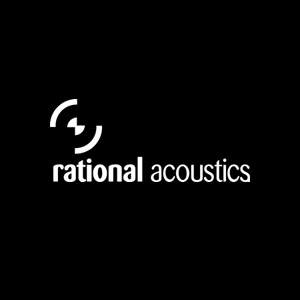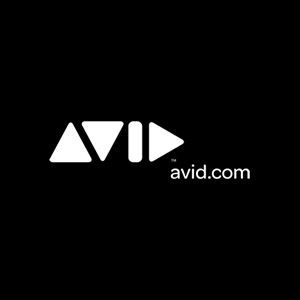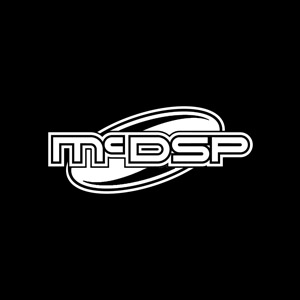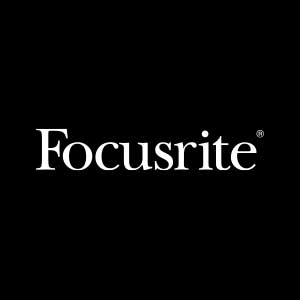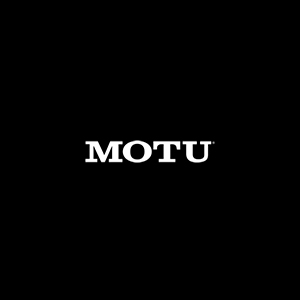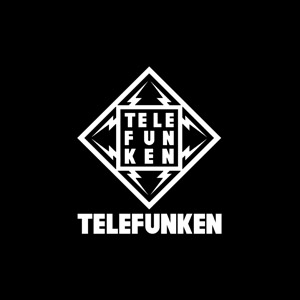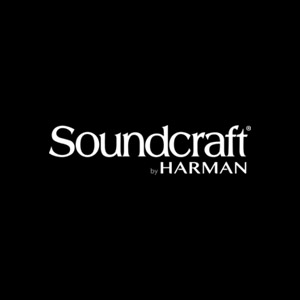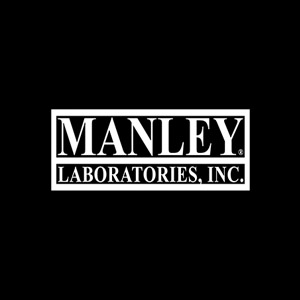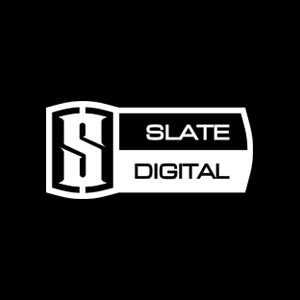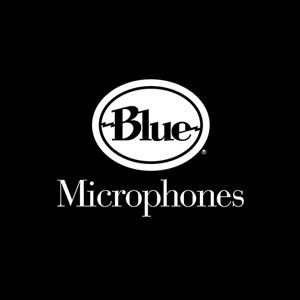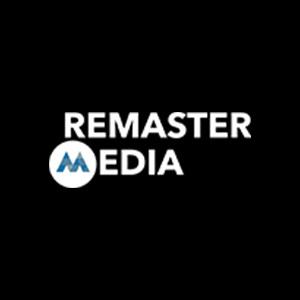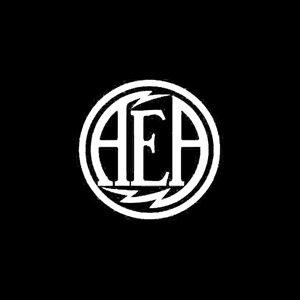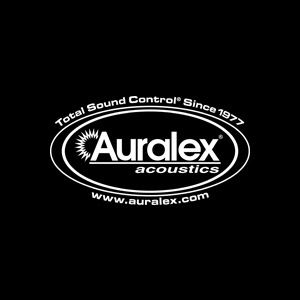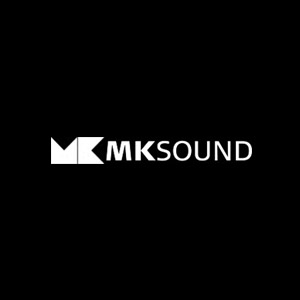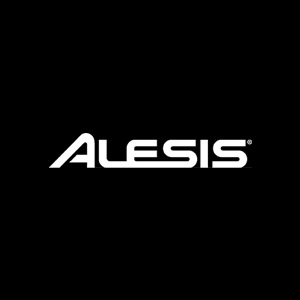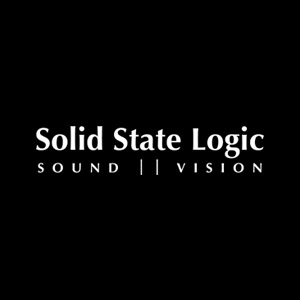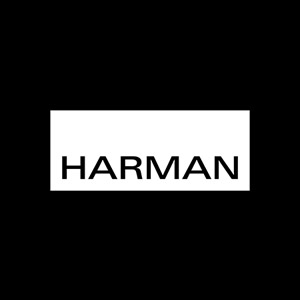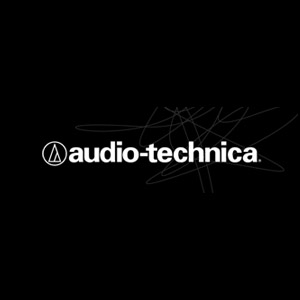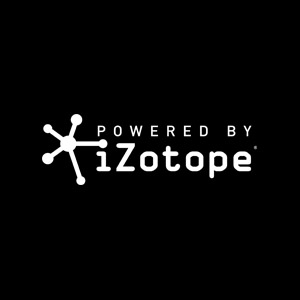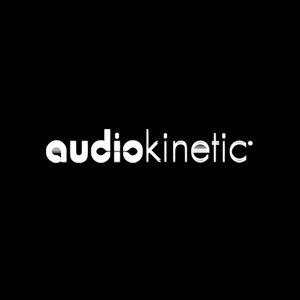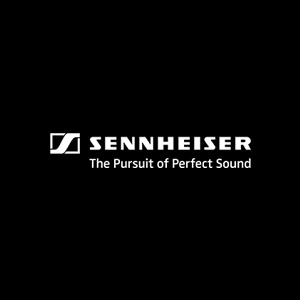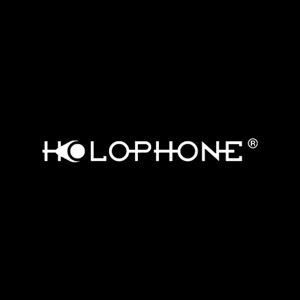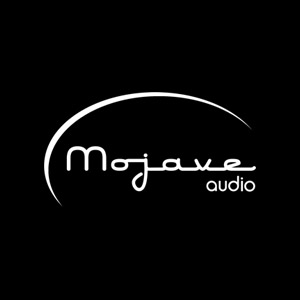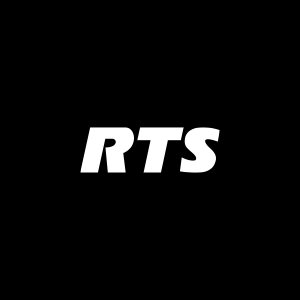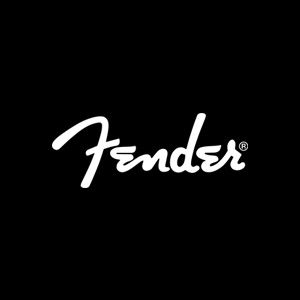Andrew Schubert: Contributing to Music
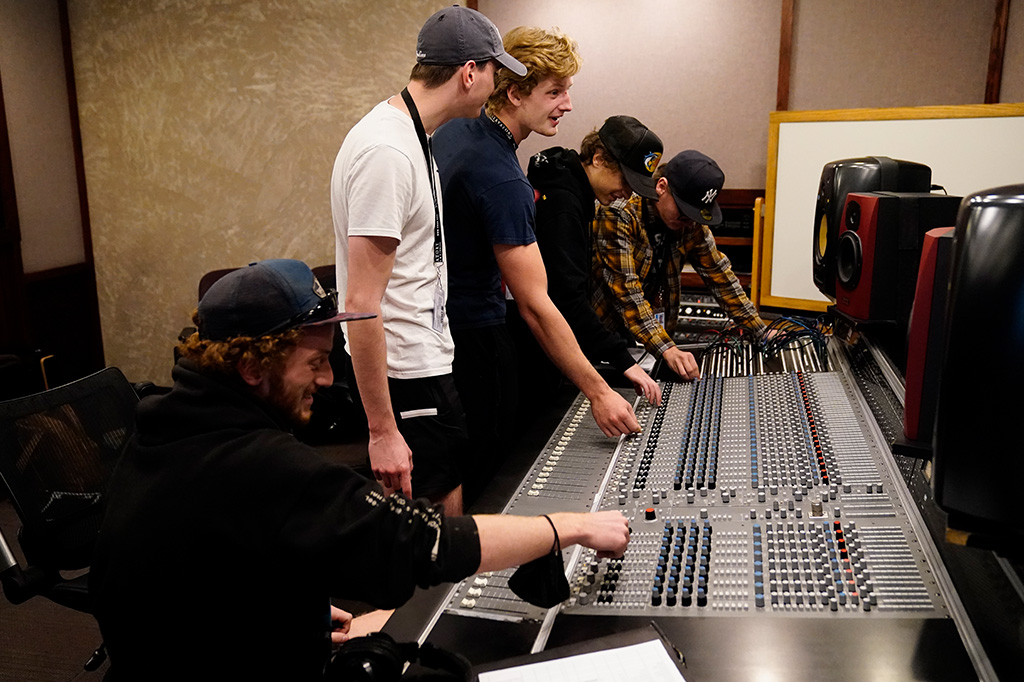
By CRL Public Relations
Sometimes the signs align in a fashion that point the way for a person to follow. Andrew Schubert recognized those signs, which led him to The Conservatory of Recording Arts & Sciences (CRAS; www.cras.edu), and a new life as a mixer and independent producer.
Although he wasn’t a musician, Schubert had always been interested in music. He was an avid record collector with tastes in all genres and always looking for his next favorite song. He was managing a small picture frame shop in Arizona when a friend of his, CRAS graduate Donald Van Slyke, suggested he look into a CRAS education.
“I was a big Steve Albini fan and had just started to learn about his recording techniques, so Donald let me hang out in the studio,” Schubert said. “I got to where everything was pointing to CRAS. Also, I felt like I wanted to contribute to music rather than just consume music, so I thought I would try my hand and go to school.”
CRAS was an awesome experience for Schubert, who got to learn about music from the valuable one-on-one time with top-tier professors to working on state-of-the-art equipment. He appreciated the smaller class sizes with other students who had similar passions for music and we supported each other. And he really loved that the school stayed open and available all night to students so that they could schedule sessions in the CRAS studios that could last most of the night.
“I was super stoked that in addition to the latest digital equipment, CRAS still taught the use of tape, which is the main reason I chose CRAS over other schools,” he said. “I already knew there was a difference in sound quality, and the professors were teaching us the about those differences and we got to work with the different formats.”
He also appreciated that the professors grounded expectations with what was going to happen in the real world environment. “They did a really good job of letting us know that we weren’t going to leave CRAS and be millionaire record producers,” Schubert said. “We were going to be interns. We were going to clean stuff up and just be around. We were going to have to work from the ground up and impress people that way.”
Schubert landed a runner position at Resonate Studios in Burbank, Calif., where he got to work with Chris Lord-Alge and other producers. A few months later when Lord-Alge left to start MIX LA Studios, Schubert was asked to come along as the full-time runner.
When he was in the studio, Schubert spent a lot of time with Lord-Alge’s engineers learning about what they were doing and how they did their job. Eventually he was asked to sit in and was soon assisting during sessions.
Schubert advanced through MIX LA and became the studio manager. In 2014, he left the company and started his own independent 24-track analog studio, Golden Beat Recording Studio, working with bands such as Together Pangea, Mean Jeans, Brews Willis and Wand.
“I am obsessed with music and sounds,” Schubert said. “I enjoy the record making process in all its aspects, whether it be pre-production, recording, mixing, editing, overdubbing…I love it all and always look forward to the next challenge.
“CRAS really helped me to see the possibilities and to help me enter a highly competitive field with the tools and knowledge I needed to get an edge. Without CRAS, I wouldn’t be where I am now.”
The Conservatory of Recording Arts & Sciences is composed of two nearby campuses in Gilbert and Tempe, Ariz. A CRAS education includes broadcast audio, live sound, film and TV audio, music, and video game audio, all taught by award-winning instructors who have all excelled in their individual fields, including sound reinforcement, audio recording and production, digital recording, troubleshooting/maintenance, and music business.
The 11-month program is designed to allow every student access to learn and train in all of the Conservatory’s studios which are comprised with state-of-the-art audio recording and mixing gear, the same equipment used in today’s finest studios and remote broadcast facilities, including Pro Tools 11, API Legacy consoles, SSL AWS consoles, Studer Vista consoles, and much more. All students must complete a 280-hour industry internship to graduate from the Master Recording Program II that may ultimately lead to industry employment.
